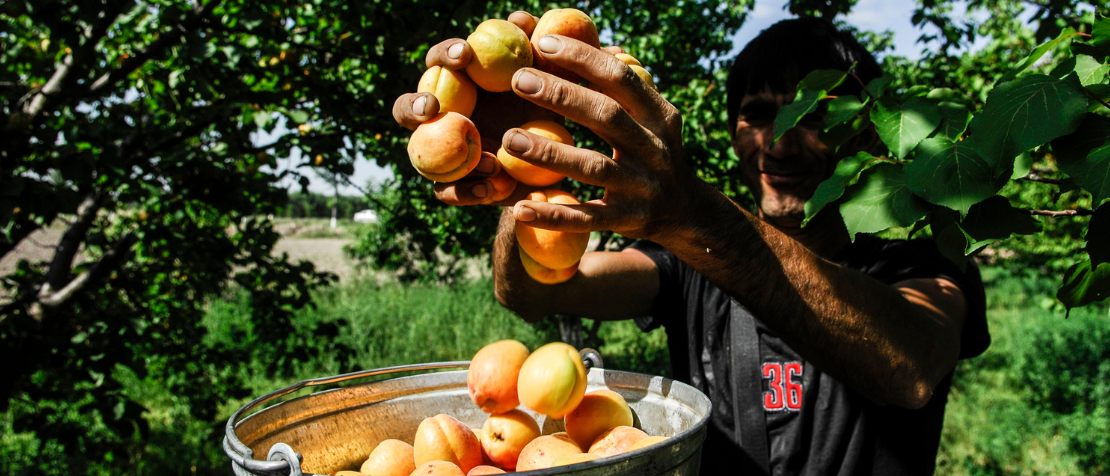FAO webinar helps strengthen national SDG reporting in Turkmenistan

©FAO/Nozim Kalandarov
From 10 to 13 June 2025, the Food and Agriculture Organization of the United Nations (FAO) held a comprehensive four-day online webinar for national institutions and relevant partners to enhance their technical knowledge and improve national capacities related to key Sustainable Development Goal (SDG) indicators, with a strong focus on methodology, data collection and national implementation.
The work was supported by the United Nations Resident Coordinator’s Office in Turkmenistan, in close partnership with the State Statistics Committee of Turkmenistan. Participants included specialists and representatives from national ministries, statistical offices and sectoral agencies actively engaged in SDG monitoring and reporting.
The webinar provided an in-depth look at several complex and high-priority SDG indicators, including gender equality in land rights (SDG 5.a.1), water resource management (SDG 6.4.2), sustainable agriculture (SDG 2.4.1), support to small-scale food producers (SDG 2.3.1 and 2.3.2), and fish stock sustainability (SDG 14.4.1). These indicators are among the 22 under FAO custodianship at global, regional and country levels, meaning that the Organization is responsible for development of methodologies, compilation and validation of internationally comparable indicators, as well as supporting countries to develop the statistical capacity to generate, disseminate and use national data.
Throughout the sessions, FAO experts presented global methodologies, explained subindicators and data requirements, and guided national counterparts on how to interpret, adapt and apply these indicators in the national context.
Key components of the agenda included practical exercises using Excel and discussions on challenges in data collection, institutional arrangements and strategies for aligning national systems with international reporting standards.
Particular attention was given to nationalizing SDG 2.4.1 on sustainable agriculture, with sessions devoted to the economic, environmental and social dimensions of the indicator, including the use of survey tools, alternative data sources and steps towards full integration into national reporting frameworks. On the final day, participants practiced methodologies for identifying small-scale food producers and calculating productivity indicators using real datasets and examined national readiness to report on the sustainability of fish stocks.
This collaborative training served as a platform for open dialogue, knowledge exchange and capacity development in line with the 2030 Agenda for Sustainable Development. It reflects the ongoing commitment of the United Nations in Turkmenistan to support evidence-based policymaking and improve national data systems that underpin sustainable development efforts.
FAO’s Strategic Framework 2022–2031 is aligned with the SDGs to provide a road map for accelerating their achievement through the transformation to more efficient, inclusive, resilient and sustainable agrifood systems for better production, better nutrition, a better environment and a better life, leaving no one behind. As custodian of 22 SDG indicators and contributor to a further five, FAO monitors country-level progress and gathers data and statistics on targets relating to food, agriculture and natural resources under SDGs 1, 2, 5, 6, 12, 14 and 15. In addition, FAO is creating knowledge for accelerated SDG action through its many publications and data portals and enhancing countries ability to take action through the delivery of tools, trainings and partnerships.
